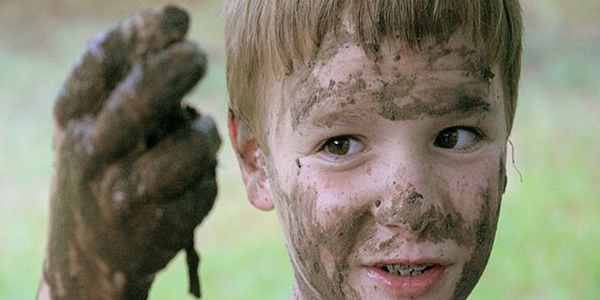My son at times puts things like chalk, paper in his mouth at times. Is it normal?
It depends on the extent and age of the child. All typical children go through an oral mouthing stage as infants so they can learn to interpret and interact with things in their environment and explore the textures, tastes, and other properties of objects they encounter. This behavior is termed mouthing and is considered normal till 2 yrs of age. However if it persists beyond 2 yrs of age, it is termed as pica(Latin “magpie” a bird known for its large and indiscriminate appetite)
“Remember your child is not alone. Around 25% children have this transient behavior”
How is Pica defined?
Appetite for substances which are largely non-nutritive persisting, for more than one month, at an age where eating such objects is considered developmentally inappropriate, not part of culturally sanctioned practice and sufficiently severe to warrant clinical attention.
Why does Pica develop?
There are various reasons for this:
- In some cases, it may be due to nutritional deficiencies of vitamins/ minerals like iron
- It is more commonly seen along with conditions like developmental delay or sometimes in autism in young children
- In adolescents, it may be a sign of underlying depression/ emotional disturbances/family issues/substance abuse
- It may also occur in some psychiatric conditions like Obsessive compulsive disorder (OCD)
- It may be occur in extreme cases of child maltreatment/ neglect/ abuse
- In some cases, it may be transient
Whom do I consult?
If your child is persistently eating non food substances, first consult your pediatrician who will rule out any deficiencies and then refer you to a child psychiatrist/ psychologist for detailed evaluation.
Can it harm my baby?
Pica can have the following medical complications:
- Toxicity- for example lead toxicity
- Intestinal obstruction
- Excessive caloric intake
- Nutritional deprivation
- Parasitic infections
- Dental injury
- Iron deficiency anemia
- Metabolic abnormality
What is the treatment?
- Pica frequently ends spontaneously in normal children
- If it occurs in an otherwise normally developing child, the treatment involves behavioral modifications including Positive reinforcement i.e. rewarding the child for good behavior, modeling, behavioral shaping. Your pediatrician or a Child Psychologist can help you with that
- Parents must try to identify the situation in which pica occurs more often. Being emotionally available for the child, emotional furtherance may yield positive results
- If it occurs in context of developmental delay/ autism etc, it needs multimodal treatment including occupational, behavioral and speech therapy
- If it occurs in context of another psychiatric condition like OCD / schizophrenia, it may need medication along with behavior therapy.
Source:

